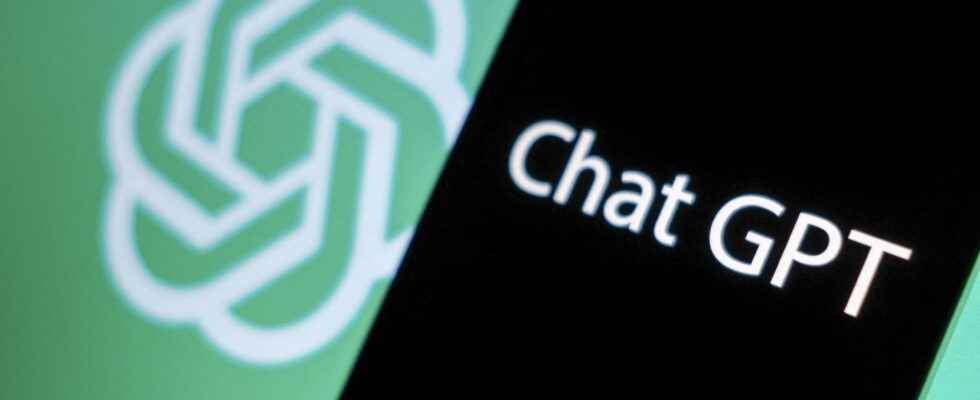In The commentary society (Le Monde & l’Aube), Nicolas Truong explains how we now find ourselves caught up in an incessant flow of words in which we are called upon to give an opinion at all times. This mode of palaver at all levels is mechanically boosted by the fact that “the commentary has become a show and the information an entertainment”.
This relentless observation prompts me to evoke, as a counter-example, the figure of Paul Adrien Maurice Dirac, this British physicist who predicted the existence of antimatter in the 1930s. Olympic of laconicism, can indeed teach us a lesson in matters of verbal discretion. An anecdote will suffice. In 1931, while at the University of Wisconsin, he thus propelled a journalist to the edge of a nervous breakdown:
– Professor Dirac, I noticed that you have a lot of initials in front of your last name: P, A, and M. Do they have a particular meaning?
– No.
– You mean I can interpret them as I please?
– Yes.
– For example, if I said that the letters P, A and M stand for Poincaré, Aloysius and Mussolini, would that suit you?
– Yes.
– Can you give me news of your research?
– No.
– What do you like the most in America?
– Potatoes.
– Are you going to the cinema?
– Yes.
– When ?
– In 1920.
And, after a long silence:
– Possibly also in 1930.
How to explain this verbal parsimony? By the fact that Dirac only wanted to say true things and without ever yielding to the facility of commentary. Convinced that the artillery remained the only domain in which the abundance of grapeshot compensated for the imprecision of the fire, he only spoke when he deemed it absolutely essential, using the fewest possible number of words. He was a minimalist.
ChatGPT, sentences produced without understanding a word treats
If Dirac’s behavior seems so extraordinarily old-fashioned today, it’s also because even machines now produce natural language sentences, like ChatGPT, but without understanding a single word they spout. This change is so profound that Monique Atlan and Roger-Pol Droit are right to note, in their book When the Word Destroys (Editions de l’Observatoire): “Through the relay of machines, screens, recorders, speech is transformed. Its fundamental characteristics of interrelation and exchanges are jostled, surreptitiously displaced or called into question. The links between voice, speech and bodily presence are modified. The relationship between speech and time is modified. Their relationship to others is transformed. What is underway is indeed a mutation of the deep links of each person to the words of their language, to the expression of his personal desires, ultimately to his own existence.”
In order to properly measure the magnitude of this revolution in the status of speech, let’s take a little trip back in time. We are on March 11, 1878, in the amphitheater of the Academy of Sciences, which is packed. All eyes are riveted and ears strained on a curious invention: the phonograph, by Thomas Edison. The physicist Théodose du Moncel, assisted by the representative of the Edison company in Europe, is about to demonstrate the prowess of the device. Camille Flammarion, who is part of the audience, says: “The device obediently began to recite the sentence recorded on its roll. Then, we saw an academician of a mature age, his mind penetrated – even saturated – with traditions of his classical culture, to revolt nobly against the audacity of the innovator, to rush on the representative of Edison and seize him by the throat, crying ‘Miserable!’ We will not be fooled by a ventriloquist! This member of the academy was called Monsieur Bouillaud”.
It’s easy to see how far we’ve come. Talking machines (“conversational agents” in good French, “chatbots” in ordinary English) have become familiar to us: they now influence our behavior and participate in the advent of what could be called “affective” computing, even ” humanoid”. But what becomes of speech when it ceases to be human? When artificial intelligences understanding nothing of the meaning of words give voice and, as if intoxicated with themselves, say “I”? And, conversely, when humans use “elements of language” so predictable and so formatted that one wonders if it is not their own speech which, by some contagion effect, has been robotized? “The word has lost the word”, said Emmanuel Levinas. What should we do that he wasn’t quite right?
